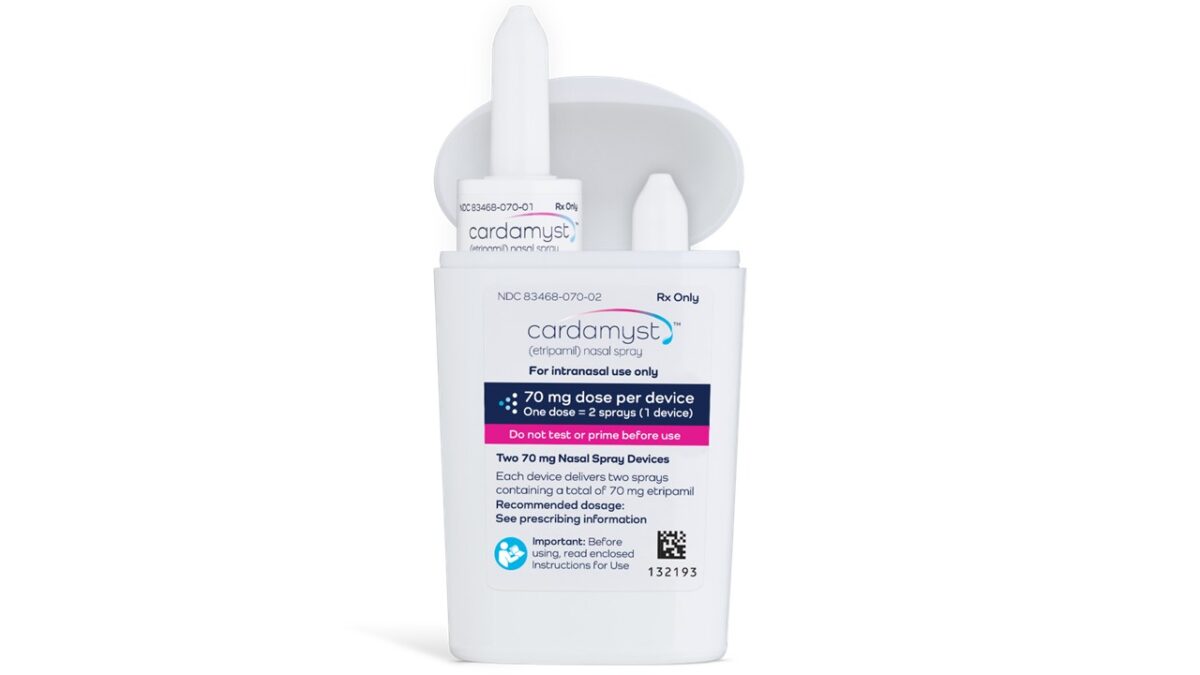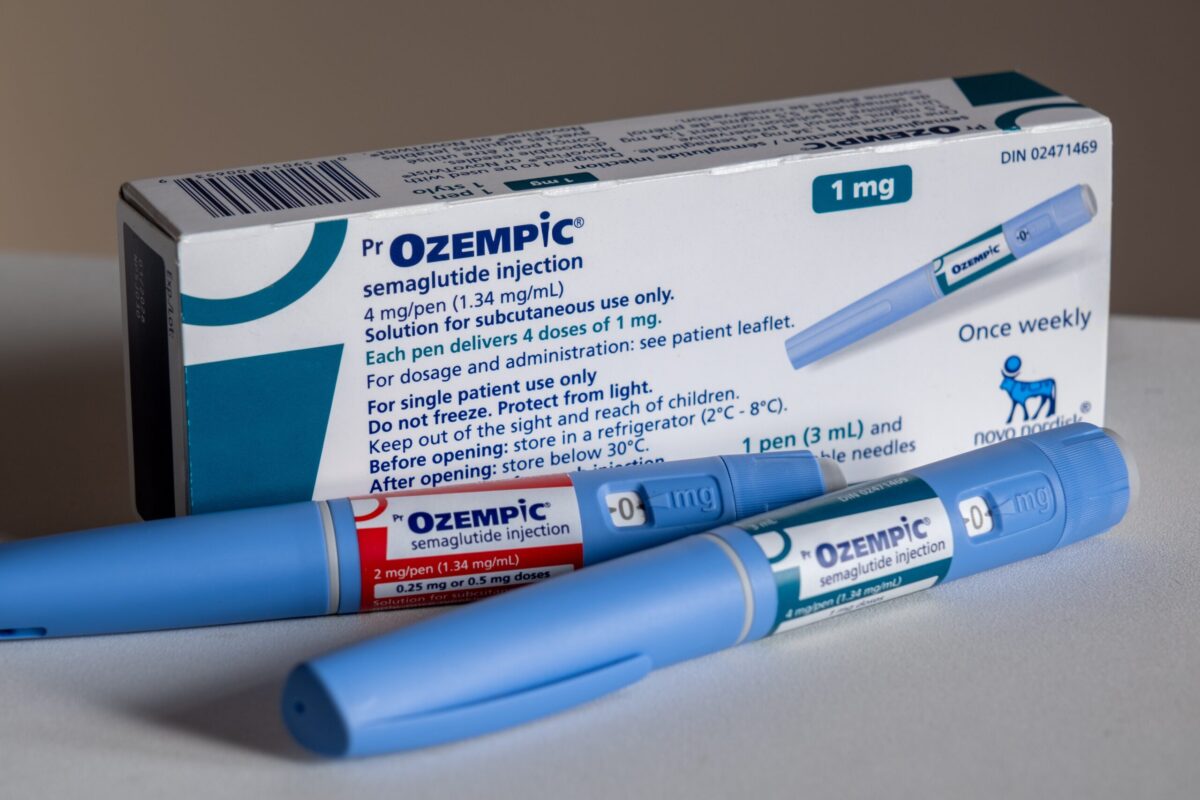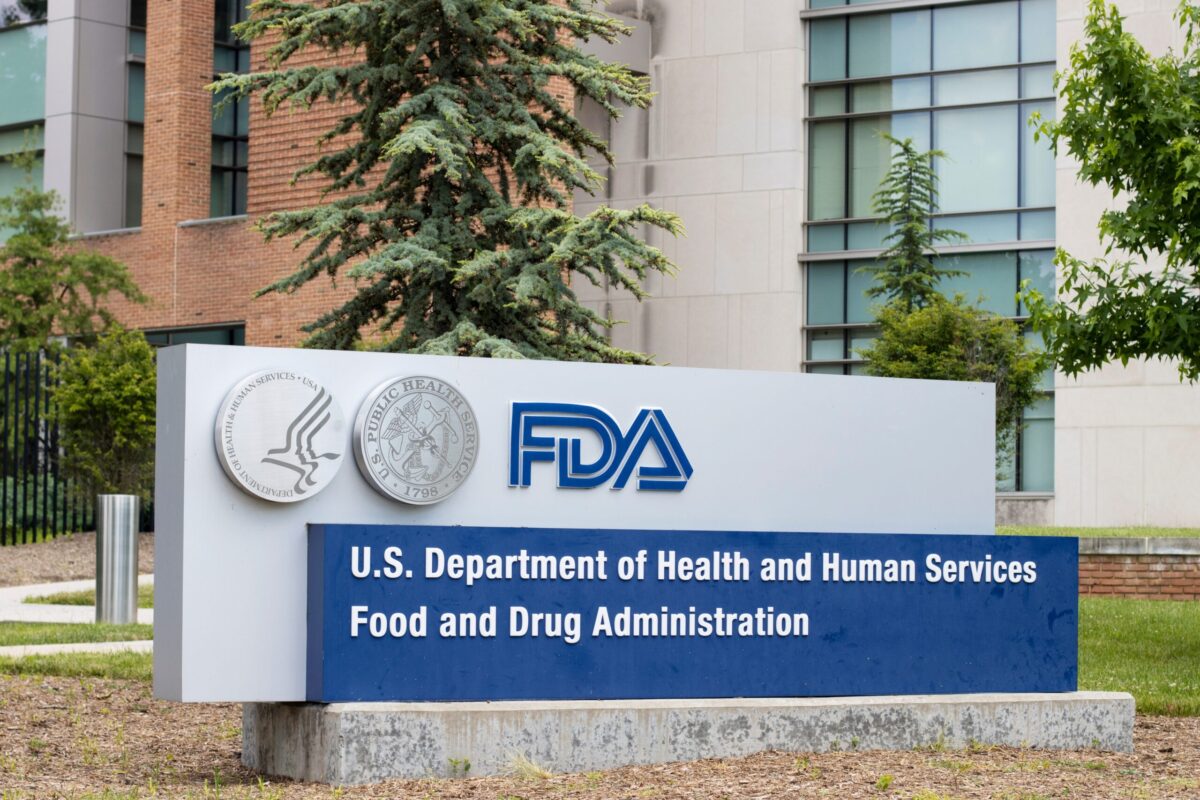Roche is planning to pour $50 billion into its US pharma and diagnostics operations over the next five years as a direct response to the ongoing trade tensions that threaten to disrupt global drug supply chains.
Roche’s R&D investment will expand R&D and manufacturing capacity from a gene‑therapy facility in Pennsylvania to a continuous glucose monitoring (CGM) plant in Indiana and a 900,000 sq ft center for next‑gen weight‑loss medicines (location pending).
Alongside these projects, the Roche R&D investment will support major upgrades to existing hubs in Kentucky, New Jersey and California to accelerate production of innovative medicines and diagnostic assays.
Roche’s plan will aim to create over 12,000 new jobs, including 6,500 construction roles and 1,000 permanent positions.
By deepening its domestic footprint, Roche aims to streamline development timelines, reduce supply‑chain risk and eventually export more medicines from the US than it imports.
Pharma/Biotech Investment Trends Amid Tariff Pressures
Fellow pharma giants have followed suit amid the tariff storm.
Johnson & Johnson plans to boost its US investment by 25% to over $55 billion through 2029, with a new 500,000 sq ft biologics facility underway in Wilson, North Carolina. The site is expected to generate 5,000 construction jobs, 500 permanent roles and an estimated $3 billion in local economic impact. As of April 15, 2025, its stock was up 6.7%.
AstraZeneca had already laid the groundwork for US expansion in late 2024 with a $3.5 billion program towards building out biologics and cell-therapy infrastructure from Kendall Square to Texas.
Meanwhile, Abbott Laboratories — whose shares climbed nearly 4% around April 16 — will invest $500 million into new facilities in Illinois and Texas, hiring 300 staff.
Novartis has committed $23 billion to 10 US sites, including cancer therapy plants and an R&D hub in San Diego.
Regeneron’s $3 billion deal early today with Fujifilm Diosynth Biotechnologies brought its US investments to more than $7 billion.
Further, analysts forecast drugmakers may absorb up to $46 billion in tariff costs without immediately passing them to patients.
While US‑based investments dominate the response to tariff concerns, pharma companies are also reinforcing their presence in strategic global markets like China.
US Investment in China’s Healthcare Market
On October 9, 2024, Roche CEO Thomas Schinecker announced an approximately $410 million upgrade to its Suzhou diagnostics site, targeting over 400 products by 2030.
Sanofi, fresh off FDA approval for its expanded RSV therapy manufacturing line, slotted around $1.15 billion in December 2024 for an insulin production base in Beijing — its largest China investment. That plant will serve mainland China’s 140 million diabetes patients.
Other firms have embraced an “In China, for China” approach to secure local supply. AstraZeneca unveiled a $2.5 billion plan for a new R&D center in Beijing in March this year. The company also struck deals with Harbour BioMed, Syneron Bio and BioKangtai to develop antibodies, peptides and vaccines.
Investor Caution Grows Around Pharma Tariff Exposure
Major pharma stocks have trailed the broader market in 2025, weighed down by slowing growth, clinical trial setbacks and tariff uncertainty.
The sector is down 4% year-to-date and 7% since early 2024.
A 25% tariff on drug imports could cut earnings by up to 15%, according to Jefferies, though stockpiling, price increases and US manufacturing may limit the impact.
Cantor Fitzgerald analysts say pharma’s reputation as a defensive play could be fading. Amid trade concerns and broader industry pressures, investors are favoring companies with steady revenue growth, long-term earnings visibility and limited overseas exposure.
Among the highest-valued pharma companies, Eli Lilly, AbbVie, Vertex and Regeneron are top picks, while Vaxcyte is being watched for undervalued potential in adult vaccines.
If you want your company to be featured on Xtalks.com, please email [email protected].












Join or login to leave a comment
JOIN LOGIN